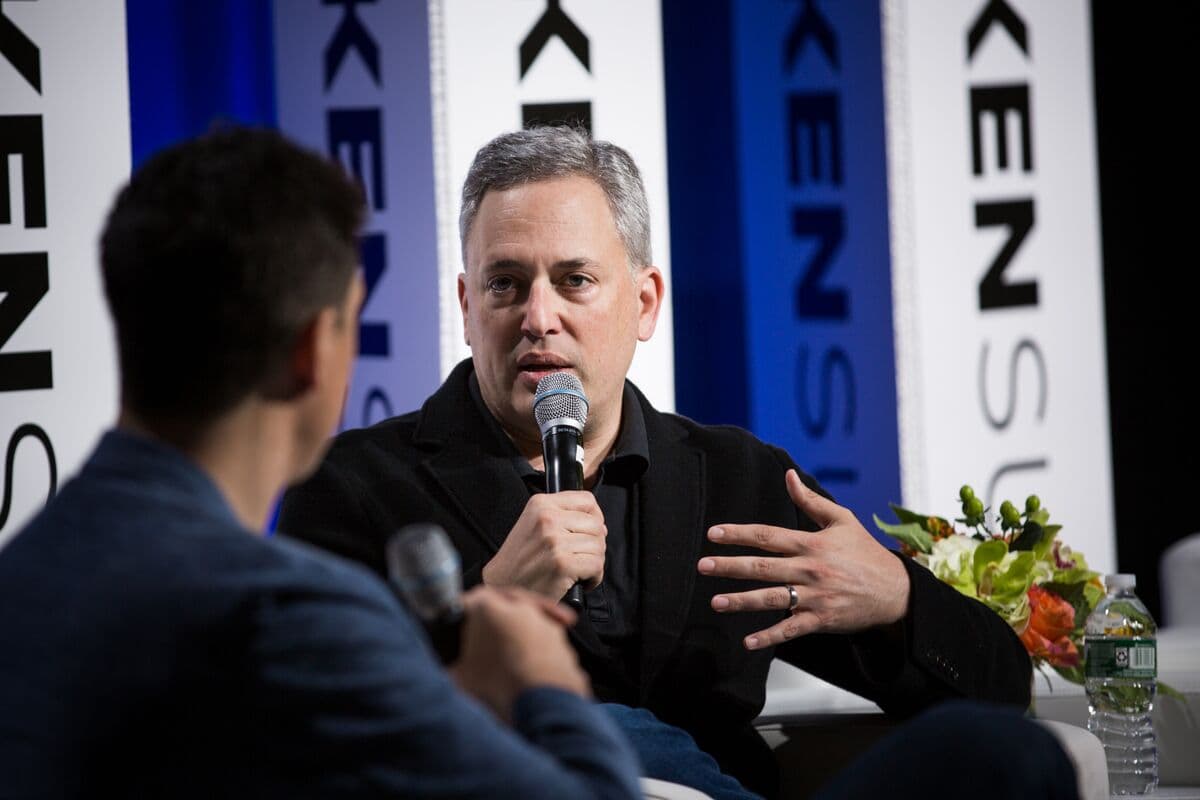Sacks Warns AI Poses "Greater Opportunity" for "Total Information Control"

Prominent venture capitalist and newly appointed White House AI & Crypto Czar, David Sacks, has issued a stark warning regarding the future of free speech, asserting that artificial intelligence (AI) presents a significant new threat for what he terms the "censorship-industrial complex" to achieve "total information control." Sacks, known for his outspoken views on social media and technology policy, shared his concerns in a recent social media post.
"Free speech on social media was narrowly saved by Elon’s acquisition of Twitter followed by Trump’s historic election, but AI provides a second bite at the apple (and a much greater opportunity at that) for the censorship-industrial complex to achieve total information control," Sacks stated in his tweet.
Sacks, a co-founder of PayPal and a general partner at Craft Ventures, was recently appointed by incoming President Donald Trump to lead AI and cryptocurrency policy, with a mandate to "safeguard Free Speech online, and steer us away from Big Tech bias and censorship." His views align with a pro-industry, deregulatory approach to AI, and he has been vocal against stringent AI regulations and censorship in AI models. He has previously criticized what he calls "woke AI," arguing it could lead to ideological bias and historical revisionism.
Elon Musk's acquisition of Twitter, now rebranded as X, in late 2022 was widely seen by Sacks and others as a pivotal moment for free speech online. Musk, who has described himself as a "free speech absolutist," implemented significant changes to the platform's content moderation policies, aiming to reduce perceived censorship and promote a broader range of discourse. This move was celebrated by those who felt traditional social media platforms had become overly restrictive.
The term "censorship-industrial complex," frequently invoked by Sacks, refers to a perceived network of government agencies, non-profits, and tech companies that critics argue collaborate to control online narratives and suppress certain information. Sacks contends that while recent political shifts and changes in social media ownership have challenged this complex, AI now offers an even more potent tool for achieving widespread information control. He views the "historic election" of Donald Trump as another event that disrupted established power structures, particularly concerning media and information control.
Concerns about AI's potential role in information control are growing across various sectors. Experts fear that advanced AI algorithms could be leveraged for automated content filtering, narrative shaping, and the widespread dissemination or suppression of information at an unprecedented scale, potentially leading to more sophisticated and pervasive forms of censorship. Sacks's warning underscores a broader debate about the ethical implications and governance of AI as it becomes increasingly integrated into social platforms and information ecosystems.